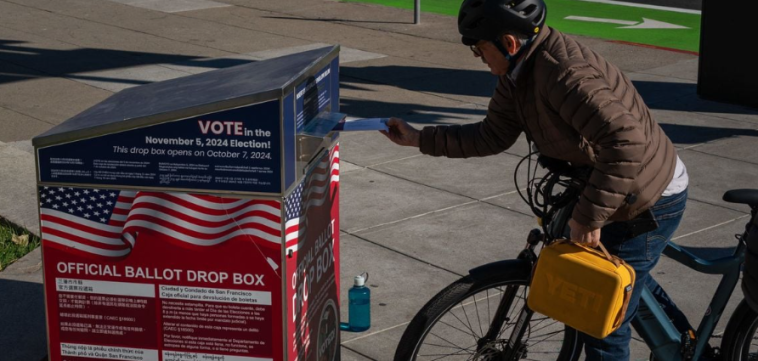California voters have narrowly rejected Proposition 32, which aimed to increase the state’s minimum wage to $18 per hour by 2026. The decision marks a significant moment, as it is the first time in nearly three decades that voters have declined a proposed statewide minimum wage hike. With approximately 51% voting against the measure and 49% in favor, the debate over wage standards in one of the nation’s most expensive states remains unresolved.
Current Minimum Wage Landscape
California’s current minimum wage is $16 per hour for most workers, already one of the highest in the nation. Additionally, specific sectors have established higher wage floors: fast-food workers earn $20 per hour, and healthcare workers are slated to receive $25 per hour under recently enacted legislation. In many cities, local ordinances have pushed minimum wages beyond the proposed $18 mark.
Arguments For and Against Proposition 32
Supporters of Proposition 32 argued that raising the minimum wage was essential for low-wage workers struggling to keep up with California’s high cost of living. They emphasized that the measure would have directly benefited an estimated two million workers in industries such as hospitality, retail, and food service. Advocates highlighted the financial struggles faced by many Californians, noting that a higher minimum wage would provide much-needed economic relief.
Opponents of the measure, including business leaders and trade groups, raised concerns about the potential economic impact of the wage increase. They warned that higher labor costs could lead to job losses, increased consumer prices, and added financial strain on small businesses. Many also pointed to existing sector-specific wage agreements, arguing that a blanket statewide increase was unnecessary and could destabilize certain industries.
Implications of the Rejection
The rejection of Proposition 32 signals a growing divide in public opinion on how to address income disparities and rising living costs. While California has historically led the way in setting higher wage standards, this decision reflects broader concerns about the potential unintended consequences of sweeping wage increases. For many voters, balancing the need to support workers with the economic realities faced by businesses proved to be a key factor in their decision.
What’s Next for Wage Policy in California
Despite the defeat of Proposition 32, conversations about wage policy are likely to continue in California. Advocates for higher wages may explore alternative approaches, such as local ordinances or revised proposals for future ballots. The state’s diverse economy and high cost of living ensure that wage standards will remain a central issue for policymakers, workers, and businesses alike.
The vote also highlights the challenges of implementing broad economic policies in a state with varying regional needs. While urban areas may support higher minimum wages due to higher living costs, rural communities often face different economic conditions that make such measures more contentious.
California’s rejection of Proposition 32 underscores the complexities of addressing economic inequality while ensuring sustainable growth for businesses and communities. The outcome leaves the state at a crossroads, with policymakers and voters alike tasked with finding innovative solutions to meet the needs of all Californians.


